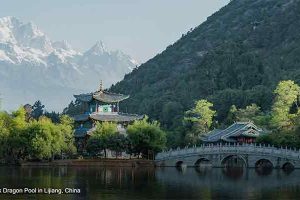
bdmetronews desk ॥ Kashmir has been simmering in decades of conflict since the partition of the Indian subcontinent in 1947. The violence reached its peak in the 1980s and ‘90s, when the Pakistan-backed Kashmiri insurgency was at its strongest. By the early 2000s, however, the violence seemed to have abated, and there was hope for a peaceful settlement of the issue. But now, optimism for such a peaceful settlement is dwindling.
As Kashmir has seen a resurgence in violence, public support for the insurgency also seems to be increasing. India is losing whatever support it had among the general Kashmiri public, and this trend will continue unless it brings about a radical change in its Kashmir policy.
Following the 1947 partition, the political status of the formerly independent princely state of Kashmir was left largely contested by both Pakistan and India, which led to the establishment of the Line of Control (LoC), dividing Kashmir between India and Pakistan after a U.N.-backed ceasefire. However, there were aspirations for political independence among some Kashmiris. By the late 1980s, such aspirations had taken the shape of an armed revolt, backed by Pakistan, against Indian rule in Kashmir.
India responded with a massive crackdown on the militants, deploying over half a million soldiers in Kashmir, often leading to grave human rights violations.






